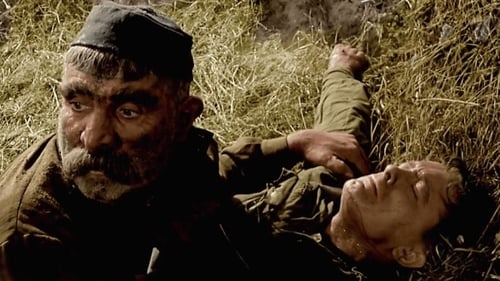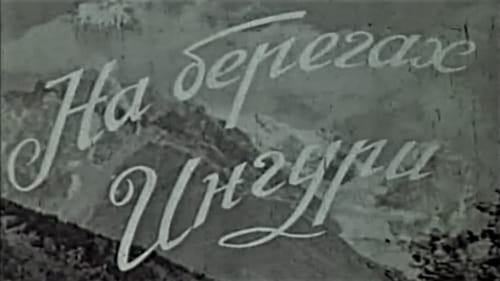
Cinematography
Alexi leaves the house of his father and stepmother and rents an apartment. He wants to be independent and find his place in the world. But no basic changes ensue – he has the same friends, with the same trivial conversations and the same inactivity. Only the death of his favorite teacher, to whom the young man felt very close, really changes his habitual way of life. Alexi makes a decision: he refuses a place at a research institute and leaves for a teaching job at a village school, the same school his mentor used to work at.

Cinematography
The way home for Aleksandr Rekhviashvili is not charted in the conventional sense. It takes the viewer along some peculiar roads and across a unique landscape: Georgian history and legend, politics and social stratification, religion and ethics. Allusive, stylized and allegorical from beginning to end, his long-banned The Way Home is in part a tribute to Rekhviashvili’s favorite director, Pasolini, especially to The Hawks and the Sparrows (1966). Together with the short film Nutsa (1971) and the widely acclaimed Georgian Chronicle of the 19th Century (1979; SFIFF 1983), The Way Home closes a triptych of films that represent Rekhviashvili’s poetic contemplation of Georgia’s past. It makes extensive use of poems by Bella Akhmadulina (the major female poet of the cultural ‘thaw’ of the ’50s and ’60s and a Georgian by descent), and of sets by Amir Kakabadze. Like other films in the trilogy, The Way Home is stunningly photographed in black-and-white.--Oxymoron

Director of Photography
During World War II, оld Georgian peasant wine-grower Georgy leaves his Georgian village and goes off to the front line, hoping to find his son. George should see and transfer a lot of things, he becomes a soldier and only in the last days of war finds the son...

Camera Operator
Georgian film.

